It’s a hassle if they’re showing up in droves, as they can ruin a barbecue or gardening plan. We are tempted to fight them with everything we can, including store-bought bug sprays and lawn treatments. Are you taking care of the actual plants? Is that something that can affect which creatures come buzzing? In some ways, they can.
How Do Plants Affect Mosquitoes?
It is natural for mosquitoes to seek out environments that provide them with the things they need to survive. Only female mosquitoes bite, and they feed their eggs with the blood they take from animals. Mosquitoes feed on the nectar of plants like taro, papyrus, water lilies, and water hyacinths as adults and that’s why it may be beneficial to remove those plants from your yard.
A mosquito problem is likely to be caused by other aspects of an environment as well such as collected, undisturbed water.
The truth is that some plants are capable of repelling mosquitoes in a way, at least. A mosquito bites a person or other animal parts by sensing their body heat and movement, but primarily by smelling the carbon dioxide released from their pores. A traditional mosquito repellent containing DEET (chemical name, N,N-diethyl-meta-toluamide) or other ingredients makes it uncomfortable for mosquitoes to land on your skin. Still, some plants smell strong enough to mask your scent and confuse them.
This smell doesn’t just waft over the yard from these plants! A few leaves should be crushed and rubbed on your arms and legs if you want the mosquito-repelling benefit. People with sensitive skin or skin allergies may find this a bit problematic while others may not find this compelling enough to make a difference if they are susceptible to bites. If you don’t have allergies and you’re looking for more natural mosquito remedies, then these plants make a noticeable difference-and they smell great as well! It’s hard to complain about that, is there?
12 MOSQUITO REPELLENT PLANTS
Is there a plant that keeps mosquitoes away the best? Your garden will be filled with colourful and fragrant plants that will also keep uninvited insects away.
Citronella Geranium
Geraniums do not repel all mosquitoes, but this particular variety (formally known as Pelargonium citrosum) emits a citronella-like smell and produces an oil that repels them.
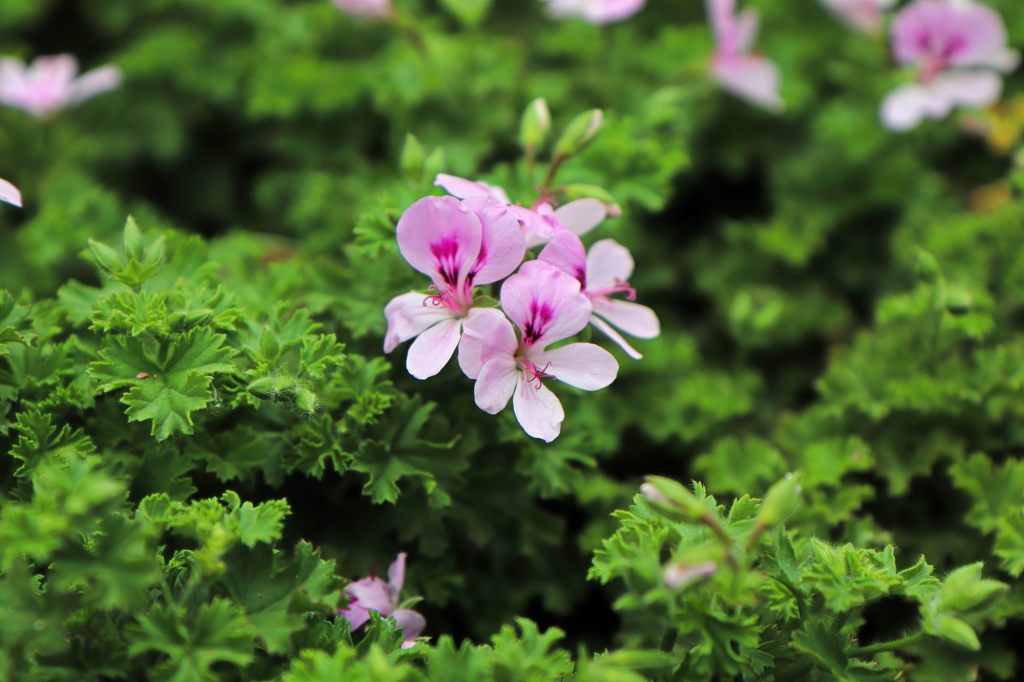
Floss Flower
It’s not the most powerful repellent, but these purple beauties (Ageratum houstounianum) produce a smell mosquitoes don’t like. Its fragrant blooms, however, are a favourite of butterflies and hummingbirds.
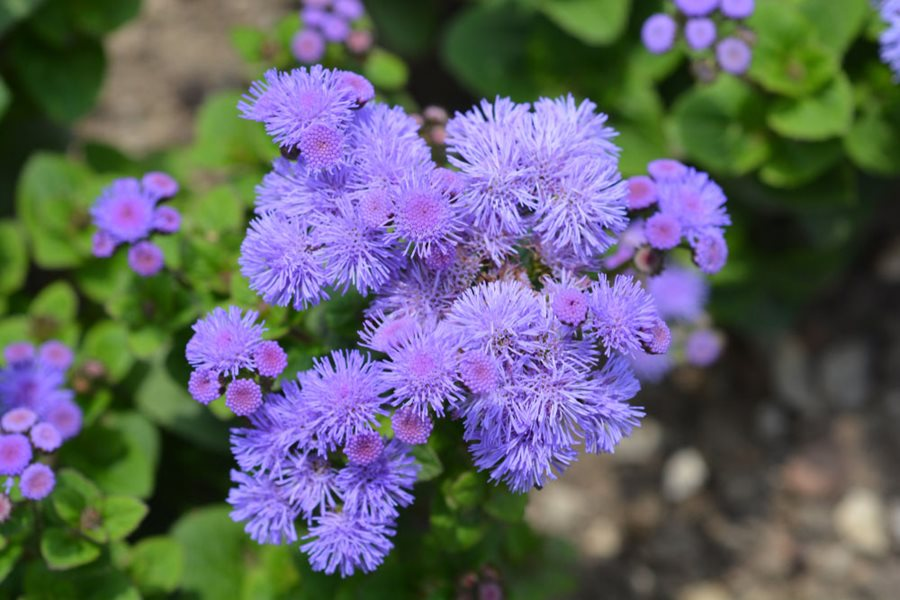
Citronella
Many commercial repellents use oils and extracts from Citronella plants, which were originally used as perfume.
There are a variety of natural mosquito repellents and patio candles that contain citronella, so one may not be surprised by the findings. It is not common knowledge that citronella can be grown in your garden. The oil emitted by citronella plants is used to make most citronella products. Since citronella oils evaporate quickly, topical citronella products last for about two hours, so having plants around is an excellent defence against biting pests. Plants of citronella grass can grow as tall as 6 feet and as broad as 6 feet, so be sure to space them appropriately. The grass also prefers to be watered frequently and to be exposed to filtered sunlight (think: in the sun with a tree overhead).
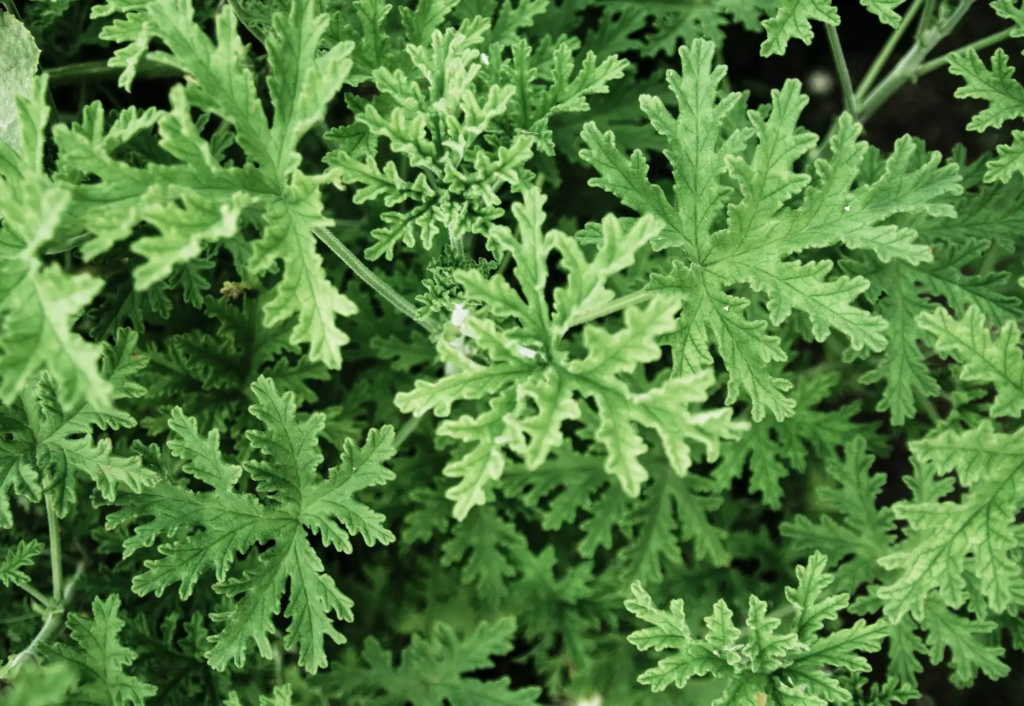
Peppermint
In addition to its health benefits, this mint offers a pleasant scent, and its oils can be used to repel pests.

Lemon Balm
More deliciously, the lemon scent of this plant contains high levels of the bug-repelling compound. It’s best to grow it in containers, however, since it’s an invasive species.
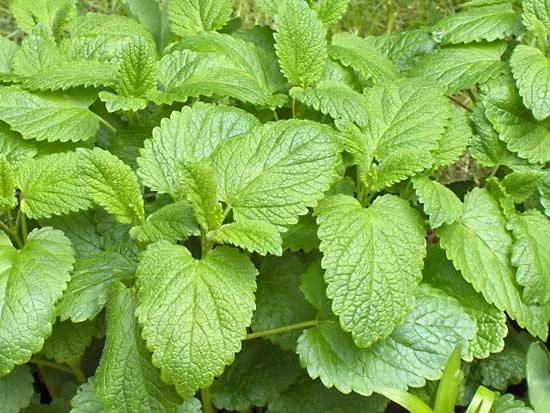
Lavender
The scent of this herb may seem heavenly to us humans, but mosquitoes cannot stand it. By planting lavender varieties, which are high in camphor, you can keep bugs at bay. Additionally, it keeps moths and flies away!
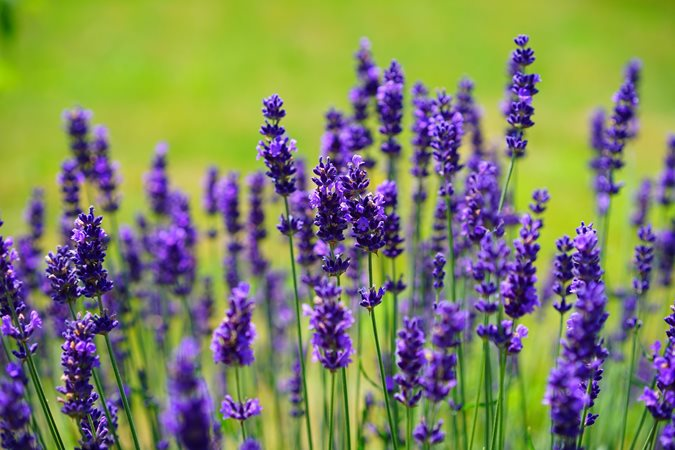
Catnip
Cats may love catnip, but mosquitoes hate it. The plant contains a chemical called nepetalactone, which repels insects as well as attracts cats.
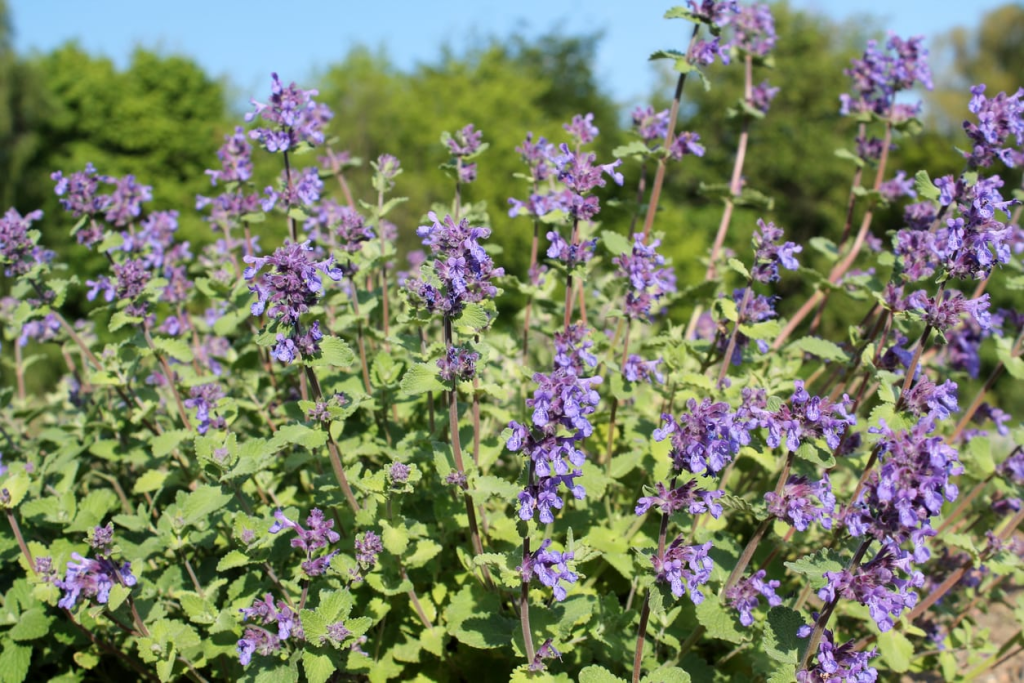
Basil
If you place a pot of basil on your picnic table, not only will it give your food a tasty update, but it will also keep the bugs at bay since basil is one of the few plants that provide a strong enough scent to repel insects without crushing the leaves. Mosquito larvae are toxic to basil essential oil, according to a 2009 study.
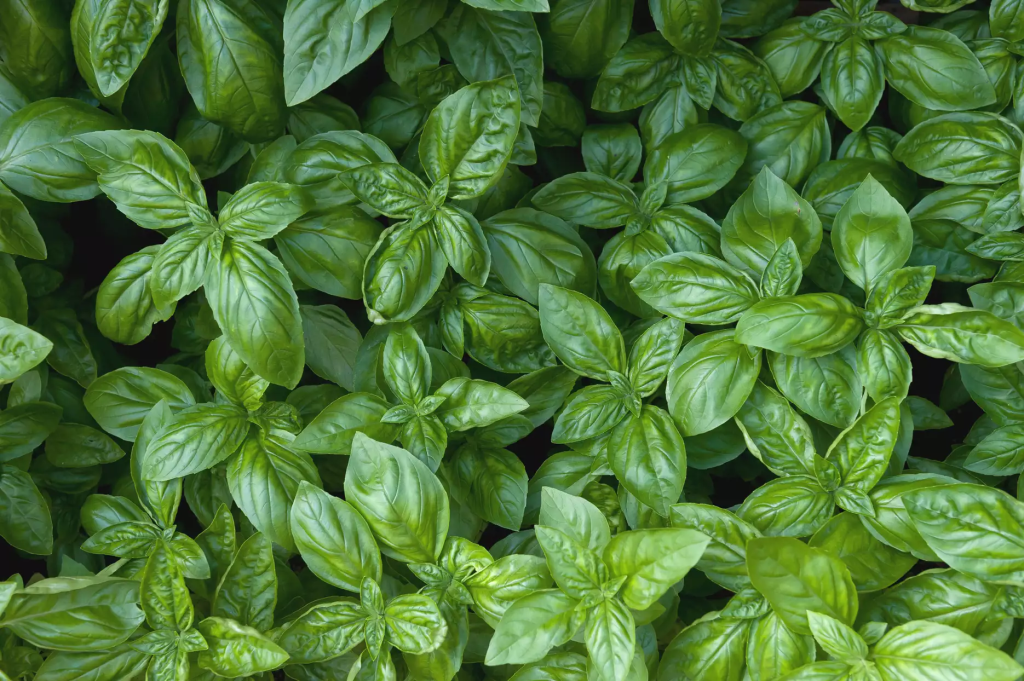
Mint
Mosquitoes can be kept at bay by mint leaves and the mint essential oils can be used to soothe bug bites.
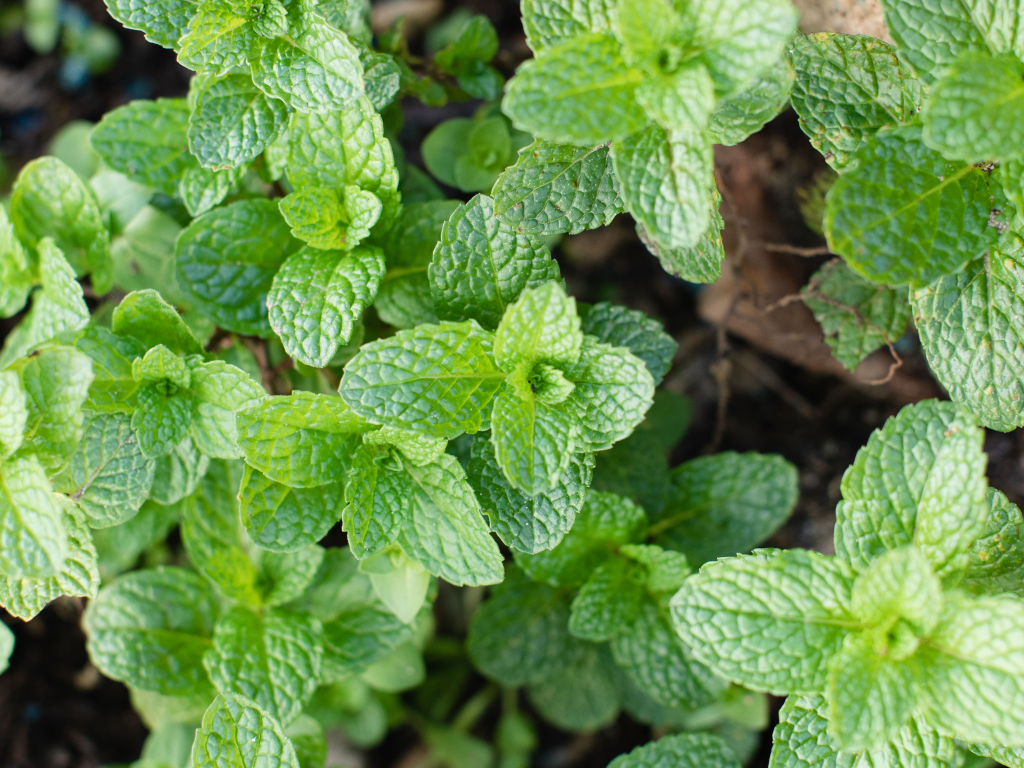
Citrosum
As a helpful insect repellant, this perennial is also called “Mosquito Repellant Plant.”. It doesn’t hurt to plant some near your porch, even though this plant doesn’t work as well as some others.
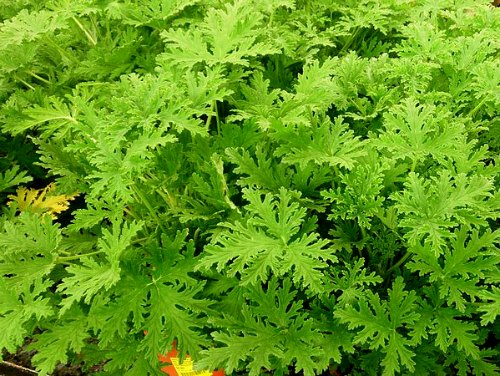
Sage
Are we getting together around the bonfire to roast some s’mores? Add some sage to the fire – the scented smoke will keep those pesky creatures at bay. It also works with rosemary.
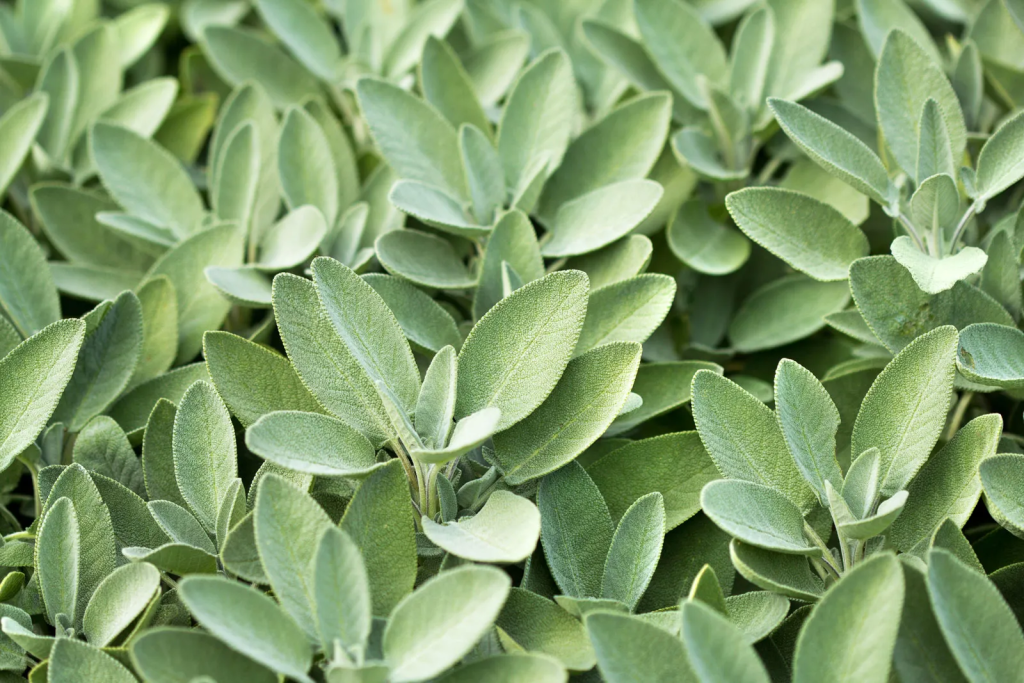
Marigolds
The colourful and heady flowers will not only look pretty, but they will also repel mosquitoes. As pyrethrum is an ingredient in many insect repellents, they repel other insects as well.
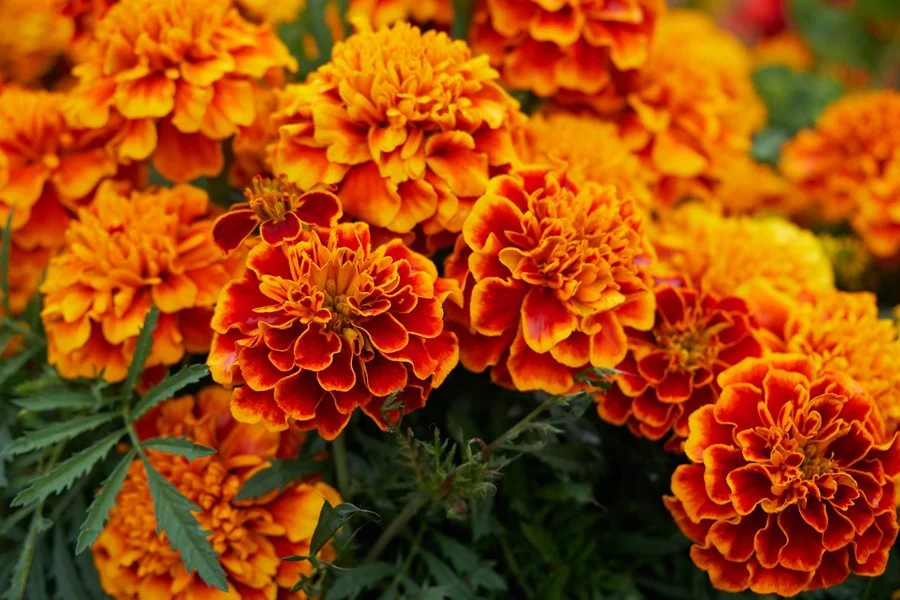
How Effective Are Mosquito-Repellent Plants?
We give off odours and gases that attract mosquitoes, and other biting insects-carbon dioxide, sweat, and smelly feet are just a few as far as 150 feet away. Mosquitoes can be attracted to the carbon dioxide in our breath.
Luckily, some common garden plants produce strong scents that block the odour receptors that the bugs use to find us. However, just planting strong-smelling plants in your garden won’t keep them away. To throw bugs off your trail, you need a much stronger, more concentrated dose of a plant’s scent.
Mosquito-Repelling Natural Methods
It would help if you also practised effective mosquito control in your garden as well as growing the plants listed above. In a tiny spoonful of standing water, mosquitoes can lay hundreds of eggs; the best thing you can do is prevent water from collecting and becoming stagnant. There are a variety of places where mosquito rings can be used – rain barrels, birdbaths, water gardens, ponds – even animal watering troughs. This bacterium kills mosquito larvae naturally (Bt israelensis).
Conclusion
There have been many diseases transmitted by mosquitoes throughout history, including malaria, dengue fever, yellow fever, encephalitis, and now the Zika virus and West Nile virus. Mosquitoes in dogs even cause heartworm. The itchy bite and annoyance are not the only concerns; your family and pets are also at risk.
The effectiveness of natural ingredients in repelling mosquitoes has been extensively researched. For people who want to avoid exposure to toxic chemicals, especially pregnant women and young children, this is excellent news.
FAQs
Is there a plant that mosquitoes hate?
Citronella. There is no doubt that citronella is the best plant for repelling mosquitoes. In commercial mosquito repellent sprays and candles, it is often used as a natural ingredient.
What is the most hated smell by mosquitoes?
To find accessible food sources, mosquitoes use their keen sense of smell. The best way to repel mosquitoes is to use scents that they hate, such as lavender, peppermint oil, geranium oil, cinnamon bark oil, lemon eucalyptus oil, citronella oil, catnip, rosemary, and pine oil.
What attracts mosquitoes?
There are many ways mosquitoes can find you
- Mosquitoes are attracted to dark, bold colours such as red, black, navy blue, and florals.
- The scent of your soap, deodorant, perfume, and moisturizing lotion will attract mosquitoes.
- Eating and drinking are strongly related to smell.


